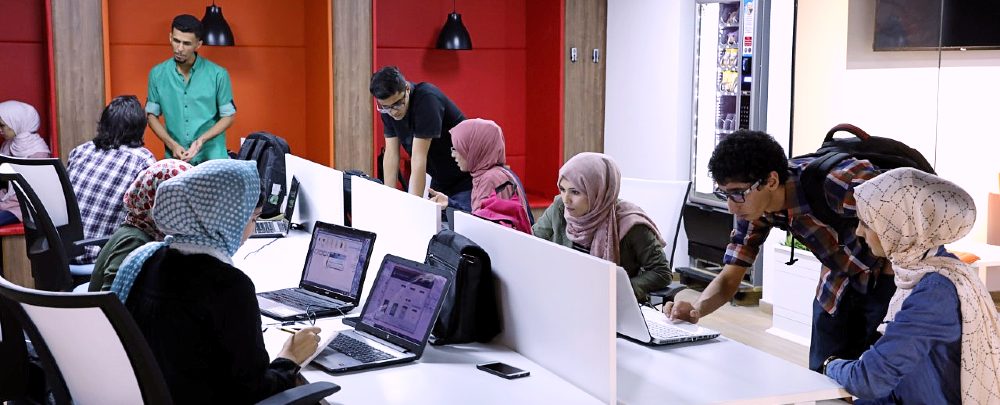
Nested within Libya’s ongoing civil war are a fog of falsehoods, distortions, and polarizing narratives that have engulfed Libyan social media networks and online news outlets. Content created and fueled by foreign actors adds to the confusion. Difficulty in identifying the truth has fueled demoralization and distrust among many Libyans.
Libya’s conflict pits the United Nations-recognized Government of National Accord (GNA), based out of Tripoli in the west, against an assortment of militias aligned with warlord Khalifa Haftar’s Libyan National Army (LNA), controlling territory in the east. For destabilizing actors like Haftar (supported by Egypt, Russia, Saudi Arabia, and the United Arab Emirates), overrunning digital spaces with disinformation has been seen as a means to achieve conquests on the ground. Haftar’s forces have sought to gain advantage in their struggle by sowing confusion about the motives and tactics of rival groups while making it more difficult to obtain information that may cost the LNA popular support among ordinary Libyans. He has been aided by online firms tied to Russian oligarch Yevgeny Prigozhin and his Wagner Group of Russian mercenaries who have pushed divisive narratives into Libya’s social media networks. The foreign-backed efforts to undermine the formation of an informed and democratically-engaged public in Libya’s digital spaces are likely to persist beyond any ceasefires negotiated on the battlefield.
The Africa Center spoke with Khadeja Ramali, a leading expert on Libyan social media and the founder of a digital community for Libyan women, about this challenging environment and the strategies that Libyans are developing to counter disinformation online.
* * *
Who is creating and spreading disinformation in Libya and what forms of disinformation are most prevalent within the country’s digital spaces?
Currently, digital spaces in Libya are highly fragmented and influenced by varying degrees of disinformation from an array of local, state, and international actors. The most sophisticated and coordinated disinformation campaigns have come from foreign states, particularly the UAE, Saudi Arabia, and Egypt in direct support of the LNA and Russia’s multifaceted interference in the local media environments in ways that often benefit the LNA. These foreign actors have been able to use Libya’s digital space as a means of advancing their interests without bearing the destabilizing consequences of their actions.
